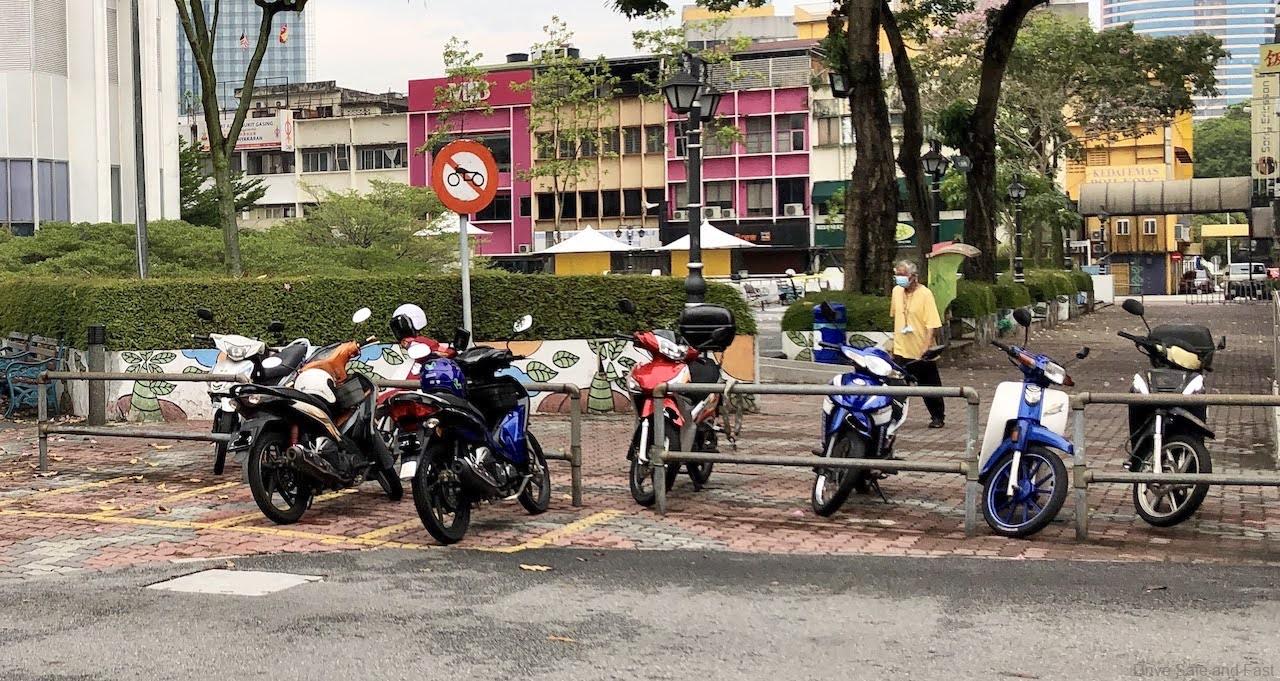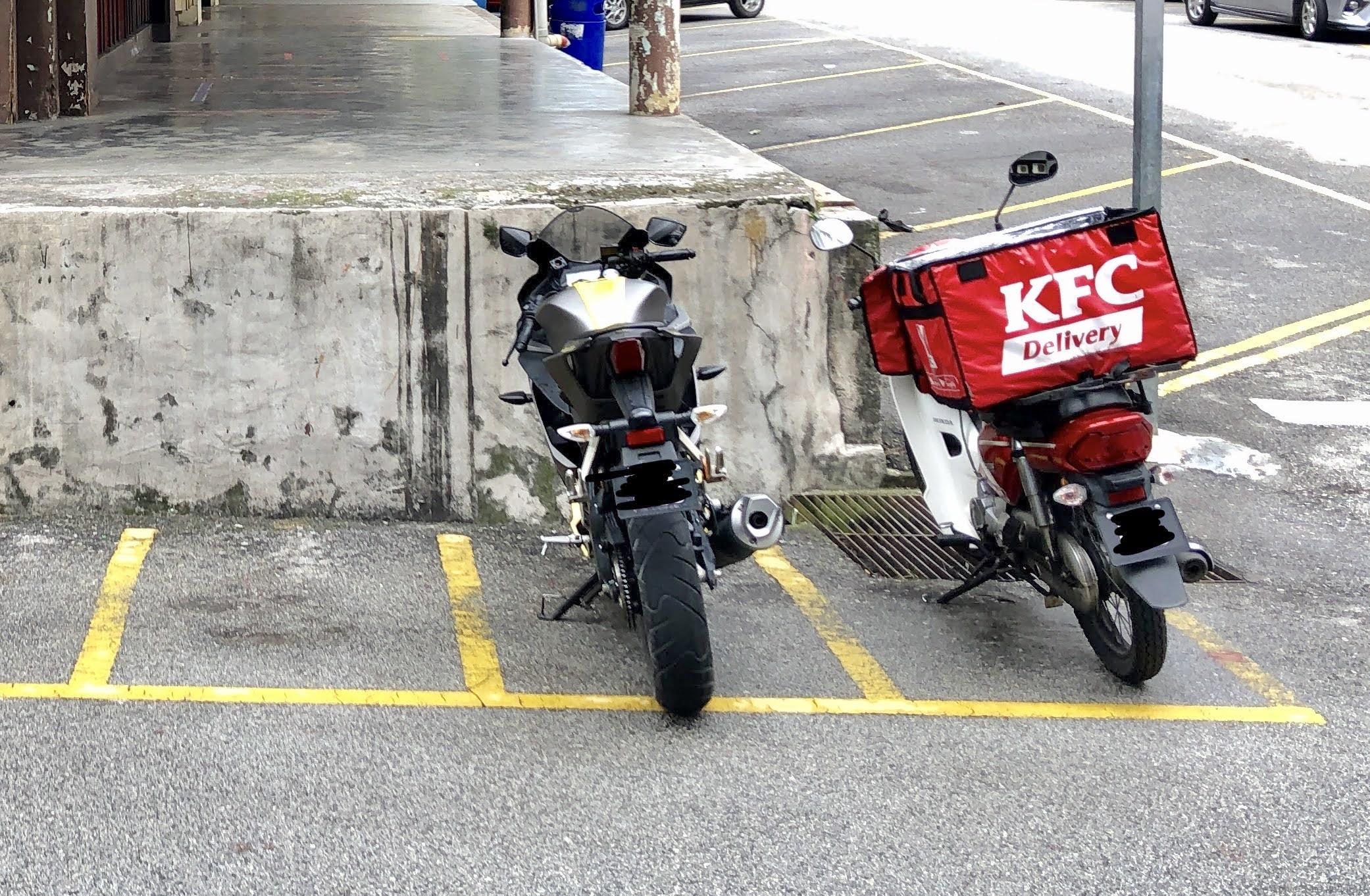Looks like it’s time to upgrade your old motorcycle if you want to travel to Singapore
Singapore has announced a new regulation barring entry to foreign ageing motorbikes, giving owners of these vehicles until 2028 to comply. This decision raises several pertinent questions and considerations, affecting both vehicle owners and the broader economic landscape. How will this affect Malaysians who travel there regularly?

Firstly, the time frame until 2028 might seem generous at first, but its adequacy depends on various factors. For regular cross-border commuters who rely on their motorbikes for daily activities in Singapore, the transition period could be particularly challenging. Plus given how expensive daily life is in general, many may not be able to afford an upgrade.
Moreover, many of these individuals, predominantly from neighbouring countries like Malaysia, may face logistical and financial hurdles in replacing their vehicles within the stipulated time frame. This could potentially disrupt their livelihoods and commuting patterns, necessitating comprehensive support mechanisms or extensions to facilitate a smoother transition.

From a business perspective, numerous Malaysian workers commute daily to Singapore, contributing significantly to its economy across various sectors such as construction, services, and manufacturing. The restriction on ageing motorbikes could directly impact these workers, potentially affecting their ability to reach their workplaces efficiently.
This could also lead to operational disruptions for businesses reliant on this workforce, necessitating adjustments in logistics and workforce management strategies to mitigate any negative impact on productivity and operations. The response among affected vehicle owners in Malaysia is likely to be mixed.

On top of that, while some may perceive the regulation as a necessary measure for environmental or safety reasons, others may view it as an undue burden, especially if they are unable to afford newer vehicles or face challenges in accessing alternative transport options.
This diversity of responses underscores the need for clear communication and support measures from both Singaporean and Malaysian authorities to address concerns effectively and ensure a fair and equitable transition.
What’s more, while Singapore’s decision to bar entry to ageing foreign motorbikes by 2028 aims to modernise its vehicle fleet and enhance road safety, its implementation raises complex issues regarding practicality, economic impact, and stakeholder response.

Balancing regulatory goals with the needs of affected individuals and businesses will be crucial in managing this transition effectively and minimising adverse consequences on cross-border mobility and economic cooperation between Singapore and Malaysia. Either way, if you plan to enter Singapore, it is time to upgrade your old motorcycle.

